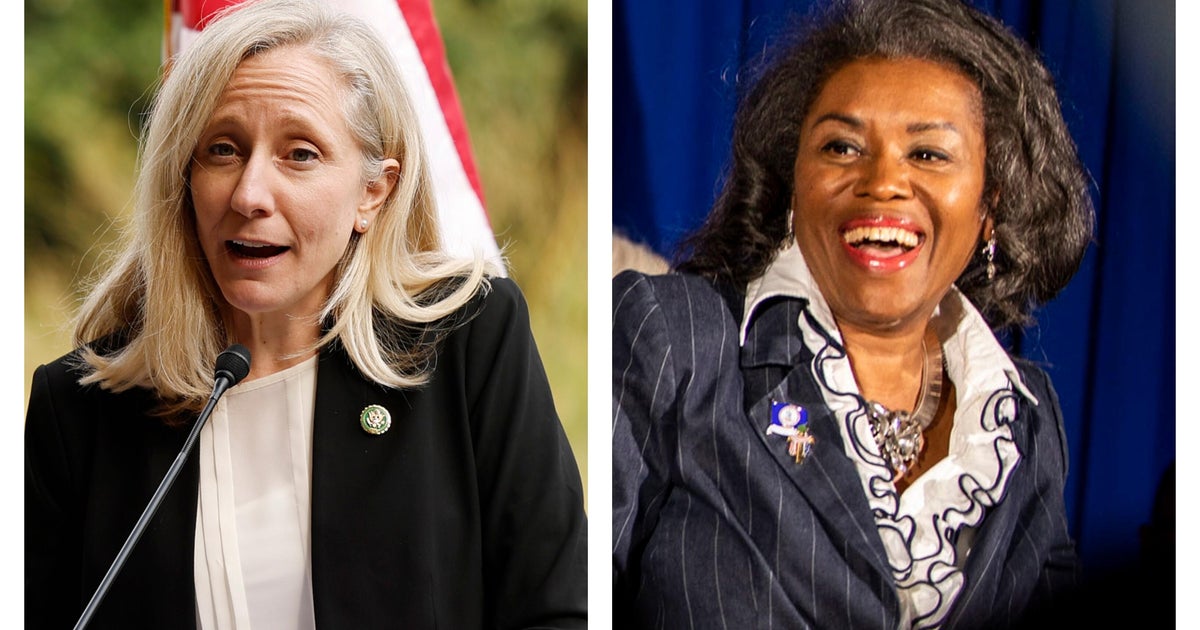
As the clock ticks down to a potential government shutdown, leading congressional Democrats are calling on President Trump to engage in urgent discussions to avert a crisis. In a letter addressed to the President, Senate Minority Leader Chuck Schumer and House Democratic Leader Hakeem Jeffries expressed their concerns regarding the lack of bipartisan negotiations necessary to keep the government operational.
“We write to demand a meeting in connection with your decision to shut down the federal government,” Schumer and Jeffries stated in their letter, which was sent on a Saturday morning. They pointed out that Republican leaders have “repeatedly and publicly refused to engage in bipartisan negotiations to keep the government open,” highlighting the escalating tension and the stakes involved.
The House of Representatives took a step towards addressing the looming shutdown by voting on Friday to approve a short-term spending bill designed to fund the government through November 21. However, this measure was met with roadblocks in the Senate, where it failed to gain the necessary support. A competing proposal put forth by Senate Democrats also fell short, leaving Congress in a precarious position as the September 30 deadline approaches.
The urgency of the situation cannot be overstated; if Congress does not act by the end of the month, the government will cease to function, impacting millions of Americans who rely on federal services. Each party appears to be positioning itself to deflect blame for the impending shutdown, with both sides accusing the other of unwillingness to compromise.
In their letter, Schumer and Jeffries placed the onus on Republicans, stating, “Republicans will bear the responsibility for another painful government shutdown because of the refusal of GOP congressional leadership to even talk with Democrats.” This sentiment underscores the deep divisions between the two parties and the growing frustration among Democrats over the lack of constructive dialogue.
House Speaker Mike Johnson, representing the Republican perspective, commented on the situation, indicating that while he is open to discussions with top Democrats, he believes there is little to talk about. He pointed out that Democrats have indicated they would not support a short-term stopgap bill. “If they choose to vote against this clean, completely nonpartisan spending bill, then they will be choosing to shut the government down and they’ll own the consequences,” Johnson asserted, attempting to shift the narrative back to the Democrats.
The political landscape is increasingly fraught as time runs out. With both parties entrenched in their positions, the need for negotiation becomes more pressing. Democrats are advocating for a collaborative approach to prevent a shutdown that would have dire implications for federal employees, government services, and the broader economy.
As the deadline nears, the question remains whether President Trump will respond positively to the Democrats’ request for a meeting and whether a bipartisan solution can be reached in time to avert a shutdown. The stakes are high, and the American public watches closely as their elected officials navigate this critical juncture in governance.


